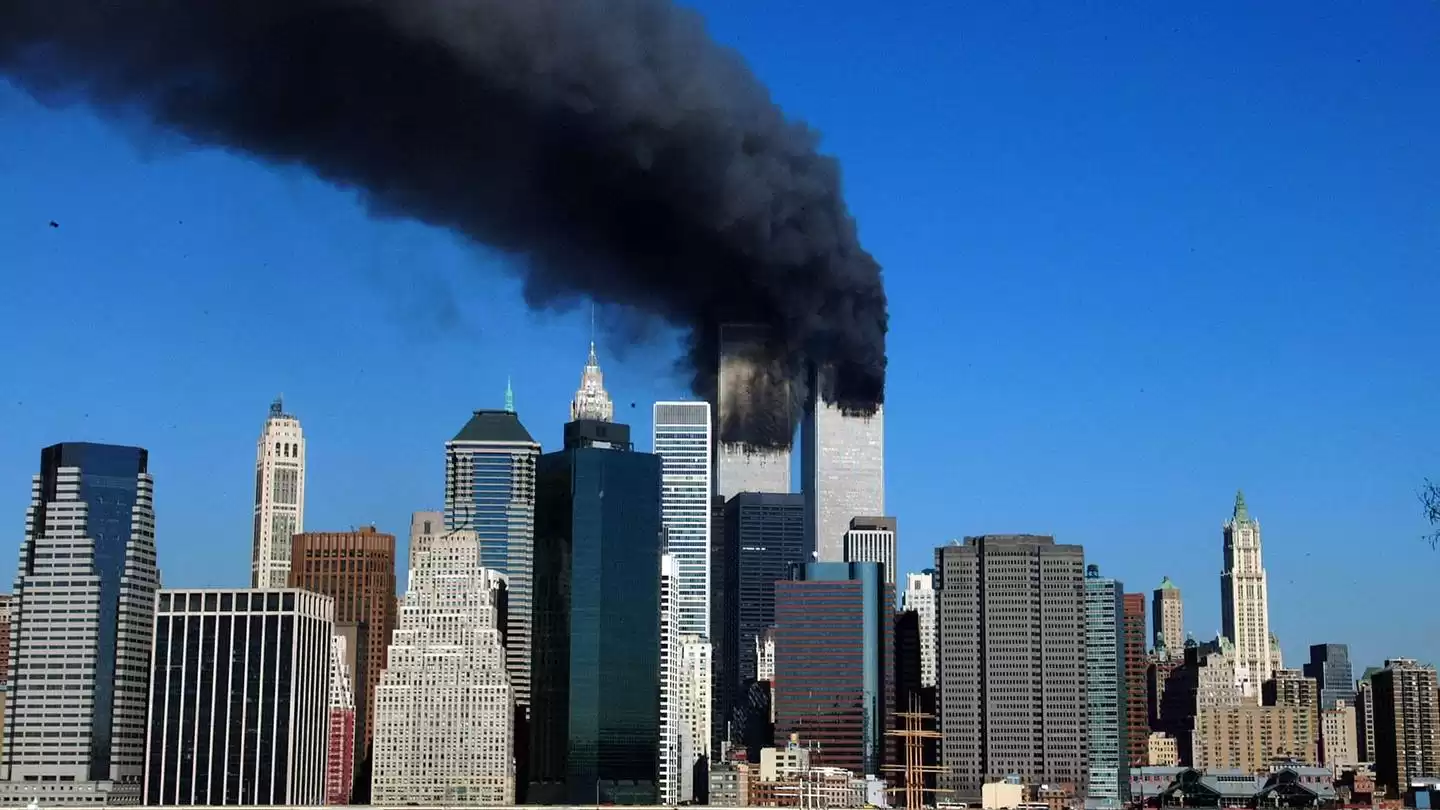9/11 Attacks: Understanding the World-Changing Events on the World Trade Center and Pentagon
The 9/11 attacks shattered the peace Americans had become accustomed to, leading to new security procedures and wars.
The tragic events of the 9/11 terrorist attacks not only resulted in the loss of 3,000 innocent lives in New York and Washington, D.C., but also shattered the sense of peace and security that Americans had enjoyed during the post-Cold War era of the 1990s. Suddenly, the United States found itself thrust into a global battle against terrorism, leading to significant changes in security procedures at airports and office buildings, as well as the initiation of new wars in Afghanistan and Iraq.
Similar to other historical events such as the attack on Pearl Harbor and the assassination of John F. Kennedy, the impact of September 11th continues to reverberate through our collective consciousness. In an effort to gain a better understanding of this tragedy, various forms of media have emerged to shed light on the events and provide clarity.
One highly recommended book that offers an unimaginably gripping account of the attacks themselves is "9/11: The World Trade Center Attack" by Jim Dwyer and Kevin Flynn. This meticulously researched book delves into the details of what transpired between the moment American Airlines Flight 11 struck the South Tower at 8:46 AM and the collapse of the North Tower at 10:28 AM. Dwyer and Flynn skillfully recreate the harrowing experiences of those trapped inside the World Trade Center complex, as they grappled with the unfolding chaos and attempted to comprehend the magnitude of the morning's events. The authors succeed in placing readers directly in the minds and hearts of the individuals who confronted their worst fears, making this a truly riveting read.
Another compelling piece of literature that seeks to unravel one of the enduring mysteries of the attacks is Tom Junod's 2003 story for Esquire, titled "Falling Man." Junod explores the haunting photograph of a figure plunging from the top of the North Tower, known as the "Falling Man." While the story does not provide a definitive answer to the identity of the subject in the photograph, it delves into the tragic circumstances faced by those who, confronted with the inferno raging inside the burning towers, chose to jump to their deaths. Junod's poignant and evocative writing captures the desperation and anguish experienced by these individuals, offering a profound reflection on the human cost of the attacks.
One particularly powerful piece that memorializes the heroism and sacrifice of one individual is a New Yorker story titled "The Man Who Predicted 9/11." This article pays tribute to Rick Rescorla, a remarkable figure who tragically lost his life while attempting to save others in the South Tower. Rescorla's story is one of adventure, romance, and ultimately, loss. It highlights the extraordinary bravery of individuals like Rescorla, who exemplify the very best of humanity in the face of unimaginable tragedy.
In 2021, Jennifer Senior won a Pulitzer Prize for her article in The Atlantic, titled "The Grief of 9/11 Never Left." This poignant piece focuses on the profound grief experienced by those who lost loved ones in the attacks. Senior's personal connection to one of the victims, Bobby, whom she had known from her brother's time at Princeton, adds an intimate and deeply emotional dimension to the narrative. Through her heartfelt writing, Senior captures the monumental grief that has persisted long after the attacks, reminding us of the lasting impact on the lives of those left behind.
For those who prefer visual storytelling, the documentary film "9/11" by French filmmakers Jules and Gédéon Naudet offers a unique perspective on the events of that fateful day. The Naudet brothers were originally in lower Manhattan to film a documentary about a firehouse in TriBeCa but ended up capturing the heroic response of the New York Fire Department to the attacks. The documentary provides unprecedented access to the FDNY's efforts to rescue civilians amidst the chaos and destruction. It serves as a powerful testament to the bravery and selflessness of these first responders, who risked their lives to save others.
Another film that delves into the search for justice in the aftermath of 9/11 is Kathryn Bigelow's 2012 movie "Zero Dark Thirty." The film chronicles the decade-long hunt for Osama bin Laden and culminates in the daring Navy SEALs raid on his compound in Pakistan. While some have criticized the film as propaganda, it does not shy away from depicting the cruelty of the Bush administration's "enhanced interrogation techniques," commonly referred to as torture. Bigelow's skillful direction creates a heart-pounding depiction of the raid, offering viewers a glimpse into the high-stakes operation that brought closure to many.
In the years following the attacks, the term "9/12" became synonymous with life in a new world, characterized by heightened security measures, color-coded threat levels, and foreign conflicts. The podcast "9/12" from Pineapple Street Studios explores how individuals attempted to make sense of the attacks and navigate this changed reality. Each episode delves into different aspects of the post-9/11 world, from the challenges faced by satirical magazine The Onion in finding humor amidst tragedy to the experiences of leaders in Brooklyn's Muslim community, who faced intense scrutiny and prejudice in the aftermath of the attacks.
These books, movies, and podcasts provide valuable insights into the events of 9/11 and the profound impact they had on individuals and society as a whole. By engaging with these works, we can gain a deeper understanding of the tragedy and the resilience of the human spirit in the face of adversity.











Comments on 9/11 Attacks: Understanding the World-Changing Events on the World Trade Center and Pentagon